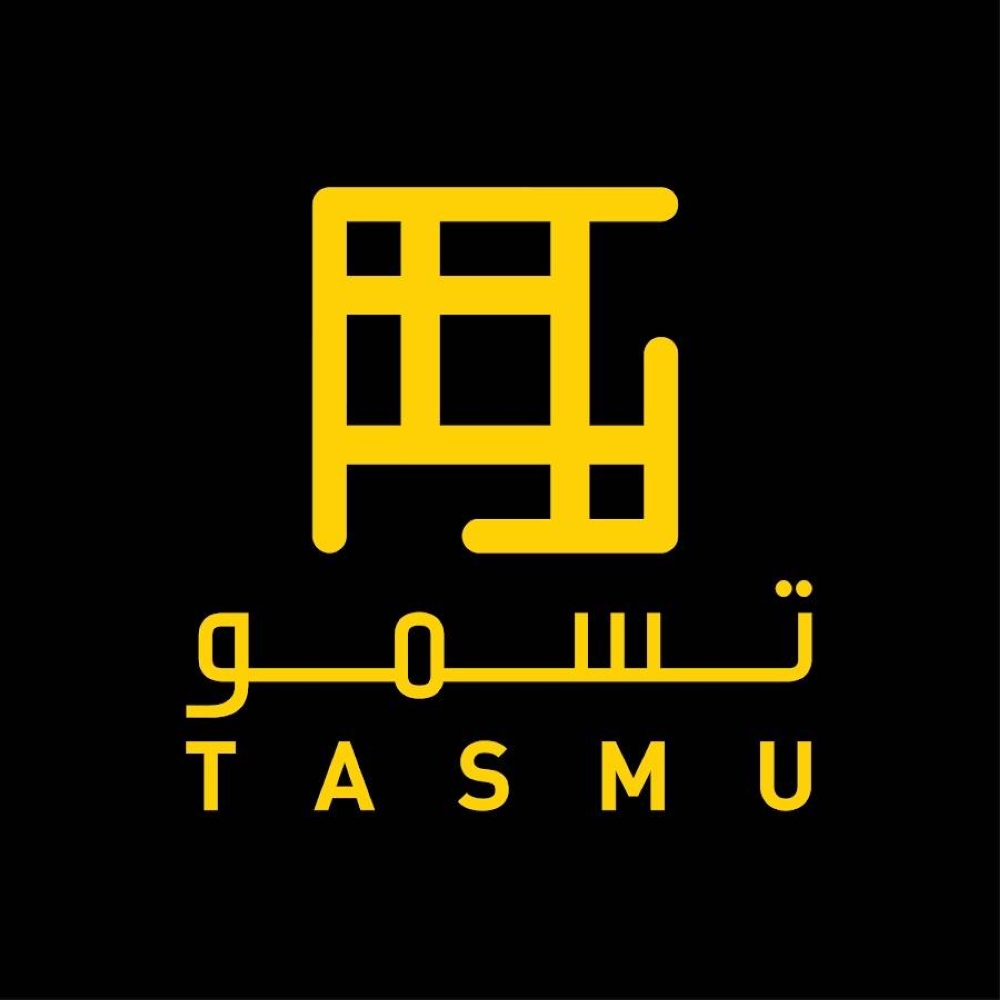The Ministry of Communications and Information Technology (MCIT)’s Tasmu Smart Qatar, which aims to develop various priority technology areas with a total market value of “$1.65bn” reflects Qatar’s dedication to digital transformation, according to an Investment Promotion Agency Qatar (Invest Qatar) report.
Qatar’s digital investments across different priority technologies, such as Internet of Things (IoT) sensors, cybersecurity systems integration, hardware & software deploy and support, cloud computing, big data analytics, enterprise resource planning, AR & VR, drones, IT consulting, Blockchain, custom application design, and artificial intelligence (AI), is expected to grow from “$1.65bn” in 2022 to “$5.7bn” in 2026.
Invest Qatar revealed this in its report, ‘Smarter Qatar: Embracing Emerging Technologies and Innovation, Improving Lives and Driving a Sustainable Digital Economy’, which it prepared in collaboration with the MCIT.
The report also stated that Tasmu is leveraging emerging technology to drive the Smarter Qatar Strategy.
“Key technology areas have been identified that will be the focus of enhancement in platform functionality to nurture startups, given the proposed increased interconnectedness across the Tasmu programme.
“Key functionality focus areas and microservices are identified based on alignment with national strategies, scan of global smart city/nation platforms, and relevance to proposed platform role,” the report stated.
The functionality focus areas include IoT, cloud, analytics, and AI, while the potential microservices are IoT sensors, marketplace, generative Al, multi-cloud, operation command centre, chatbots, predictive analytics, payment gateway, voice interface, and hybrid-cloud, among many others.
According to the report, the integration of emerging technologies in a smart country landscape leads to transformative changes, enhancing sustainability and the quality of life of citizens, ensuring seamless connectivity, and data-driven decision-making.
The report noted that AI can help improve access to infrastructure and services like health, education through AI-driven diagnostics, early disease detection, and personalised learning, among others.
On the other hand, as smart cities progress, widespread adoption of 5G will enable seamless access to 3D data, such as 3D maps, connected traffic infrastructure, and VR environment, among others, with very low latency for all users, it was also reported.
Additionally, the integration of IoT with AI-powered traffic management helps analyse real time traffic data and coordinates signals leading to a decrease in congestion, enhanced transit efficiency, and lowered greenhouse gas emissions. On data analytics, the report stated that gathering big data from people, infrastructure, and vehicles empowers city planners to optimise buildings, enhance energy efficiency.


